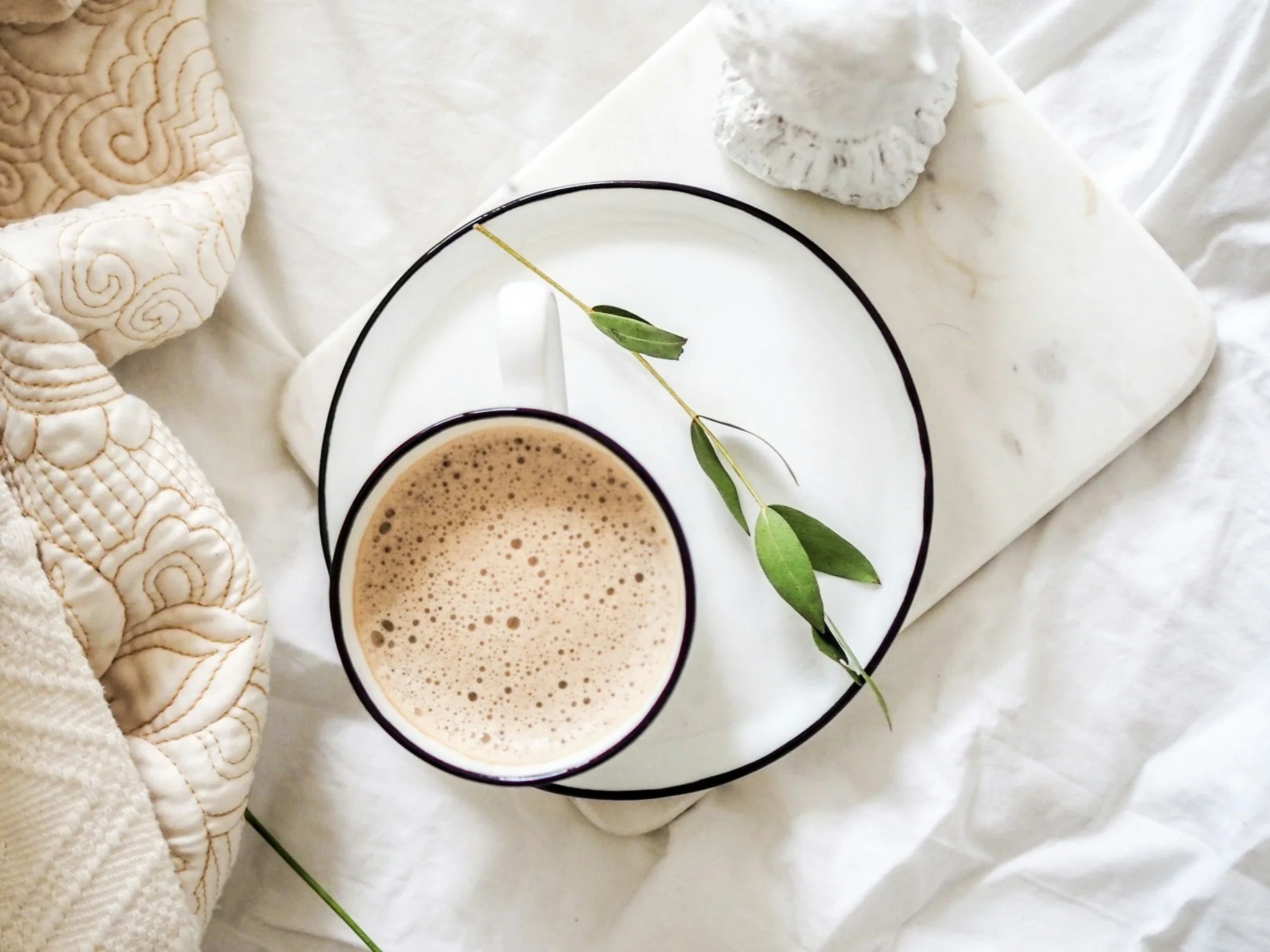Staying Sober During the Holidays
How to Enjoy the Holidays without Alcohol or Drugs
Whether it is you first sober holiday season or your twentieth, it is wise to be prepared.
Introduction
As of this writing, I have successfully navigated eleven holiday seasons without experiencing a relapse or slip. This does not mean that I have been immune to temptation or triggers over the years because I certainly have. Sometimes, I am surprised by fleeting thoughts like, “A drink could really help me handle this stress,” or “I wonder what an espresso martini tastes like.”
While I can combat these thoughts, what troubles me most are the occasional drinking dreams. To me, they serve as a reminder that no matter how well-prepared I believe I am for coping with triggers, stress, and temptation, there remains a deep-seated instinct for the quick relief from pain (or stress) that alcohol can provide.
I believe my success at maintaining my sobriety is due primarily to my consistently practicing the tools that help me stay sober. Over the years, the intensity of my “recovery program” has decreased, but I have never given up on being committed to foundational tools that helped me get sober: commitment to personal growth, self-examination, service to others, admitting my powerlessness, and going to meetings.
Relapse
Does Relapse Increase around the holidays?
According to the Substance Abuse and Mental Health Services Administration (SAMHSA), the holiday season can be a challenging time for individuals in recovery from substance use disorders, and relapse rates may increase during this period. However, I could not find a study that documented specific statistics. On the other hand, a survey conducted by the National Alliance on Mental Illness (NAMI) revealed a study that demonstrated 24 percent of individuals living with a mental illness reported that their mental health conditions were made a lot worse during the holidays, and 40% reported that their mental health s0mewhat worsened around the holidays. (NAMI)
Personally, I have noticed that my stress levels tend to rise significantly in November and December due to increased social, family, and work pressures. Since stress was one of the main triggers for my drinking during my active addiction, managing stress and maintaining balance in my life have become crucial activities for me in order to prevent relapse and maintain my overall happiness and peace of mind, especially during the period between Thanksgiving and the New Year.
“The National Alliance on Mental Illness (NAMI) reported that 64 percent of individuals with a mental illness experienced worsening conditions during the holiday season.”
Factors that contribute to higher relapse rates and increased emotional distress during the holidays include:
Social pressure and increased exposure to substances from work, family, religious, and social gatherings.
Stress: The holidays can be a stressful time, with many tasks to complete, such as shopping, sending cards, and even work deadlines.
Financial strain: People may feel pressure to spend more than usual or find that even their household bills increase due to the needs of household costs.
The changing weather and Seasonal Depression: People in colder climates may experience seasonal affective disorder (SAD)
Changing daily routines and schedules; which may include children being home from school and increased daycare needs.
Family dysfunctional patterns are heightened as there is an increased amount of family get-togethers. Family fights and interpersonal conflicts can increase distress and negative emotions.
Loneliness and grief can intensify during the holidays, especially after a recent loss or when memories of loved ones who have passed arise. Additionally, some individuals may associate the holiday season with previous traumatic experiences.
Tips and Tools
Setting healthy boundaries and being able to say "no" or "no thank you" are my top tips. Here are some more tips that I have gathered from my friends and peers.
Preventative measures
Practice preventative self-care; prioritize adequate rest, exercise, and nutrition while minimizing exposure to stress.
Identify the triggers or stressors you may face during the holiday season. Writing them down and creating an action plan for each can be helpful.
Stay committed to your daily routines and activities. Embracing these normal schedules brings a sense of comfort and stability that is essential for well-being.
Prioritize and maintain your sobriety activities, especially during early recovery. Make an effort to attend all meetings and therapy sessions. Continue your daily meditations, readings, and conversations with your sponsor or support group.
Sidenote: this may mean missing certain social or family activities, but remember, this doesn't have to be permanent. One day, you will notice that the need for these support systems has diminished, and you can rejoin all of the festivities that you want to participate in…
Remind yourself of Your Why—Take time to think about why you have given up your substance. Spend time thinking about the benefits that you will experience by not drinking this holiday season.
Avoid going to events that you know will be especially triggering. Always have an exit plan for leaving a party early. This often includes driving your own car or bringing along a sobriety partner who can help rescue you from awkward conversations or situations.
Disclose your decision to go substance-free only to people who will support you. You do not have to explain to anyone why you are not drinking. If necessary, carry around a glass with a non-alcoholic beverage in it.
Listen to the stories and inspiration of others who have overcome challenges similar to yours.
Communicate with your family ahead of time. Show compassion for their desire and need to spend time with family and friends. Listen to their concerns and ensure they feel understood. Find a compromise, and reassure them that your commitment to sobriety will become easier over time.
Stay busy and take part in sober activities and volunteer activities that do not require drinking. Providing service work to others is a great way to distract oneself from self-pity or self-defeating thoughts.
Start new traditions and schedule fun activities that don’t involve the use of drugs or alcohol.
If you are traveling, look for support groups and resources in advance. In nearly every community, there are AA or other support group meetings available.
If you relapse, do not use it as an excuse to drink throughout the holidays (I know, because I did); instead, practice self-compassion and return to your sobriety skills as soon as possible.
Celebrate each success, no matter how small.
If you have concerns about how to discuss your limited alcohol and drug use with your family and friends, take a look at my blog article on how to inform them that you are not drinking or using substances.
Most of all,
Maintain self-care and Self-compassion throughout the holiday season
Thank you so much for taking the time to read this. I hope this has been helpful. If you believe it will benefit someone else, please share it. Also, check out some of my other entries and return for more topics.
Please feel free to email me if you have a topic you want me to address. The link nis at the top of the page.
Resources
https://www.samhsa.gov/newsroom/observances/support-during-holidays
https://www.nami.org/press-releases/mental-health-and-the-holiday-blues/#:~:text=According%20to%20a%20recent%20survey,%25%20%E2%80%9Csomewhat%E2%80%9D%20worse.%E2%80%9D
https://www.samhsa.gov/blog/supporting-your-mental-health-during-holiday-season
https://nida.nih.gov/publications/drugs-brains-behavior-science-addiction/treatment-recovery



